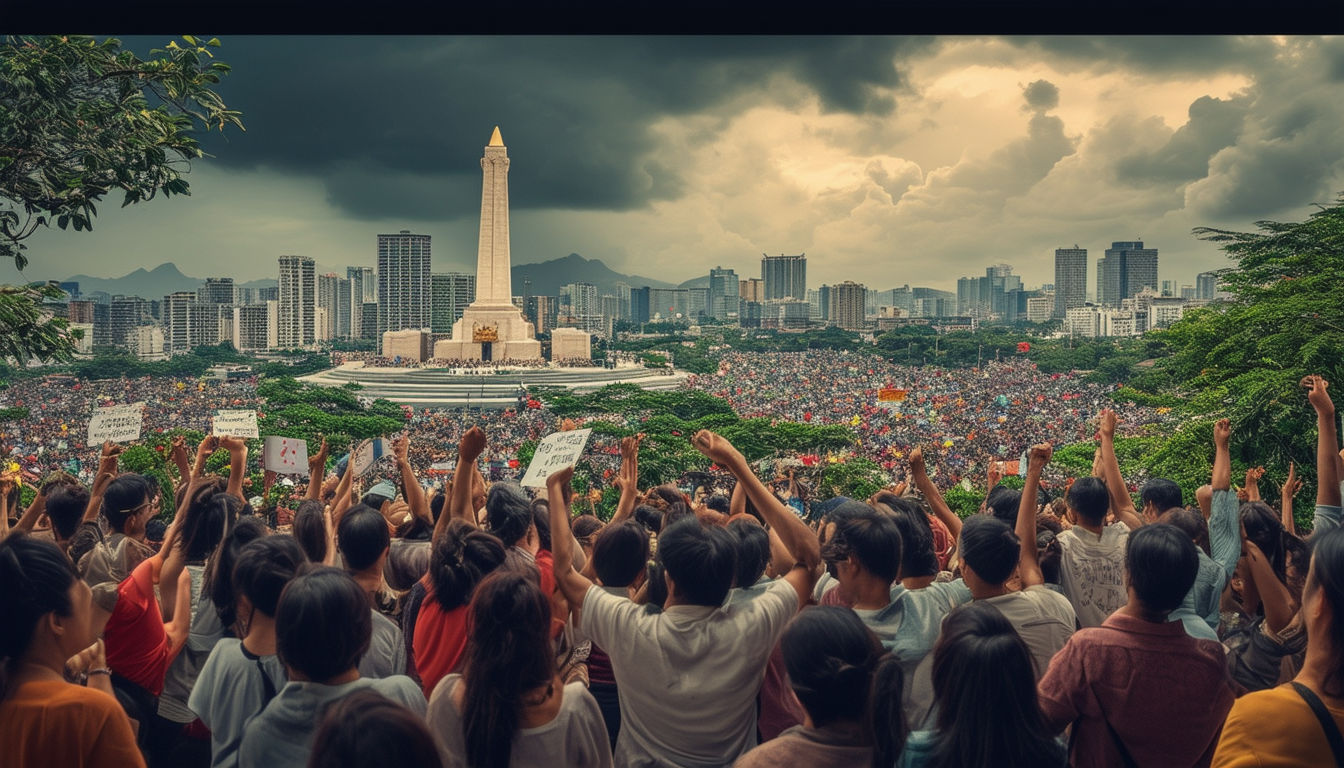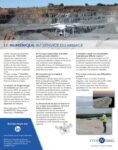In an increasingly tense geopolitical context, Philippines point the finger at China by designating it as the main disruptor peace in Southeast Asia. Recent incidents, including ship collisions in the South China Sea and violations of regional agreements, demonstrate an escalation of tensions that endangers the stability of this strategic sea. Faced with these provocative acts, the Philippines finds itself at a crossroads, seeking to defend its sovereignty while calling on the international community to respond against Chinese aggression.

Recently, the Philippines has expressed serious concerns over the actions of China, which it considers a major disruptor of the peace in Southeast Asia. Tensions between the two nations have intensified, particularly in the South China Sea, where frequent maritime incidents undermine regional security. This climate of mistrust raises key questions about the future of relations between these countries, as well as the stability of the region as a whole.
Table des matières
ToggleA tense context
The diplomatic climate between the Philippines and China has deteriorated significantly in recent years. Maritime incidents have become increasingly frequent, including collisions between Philippine fishing vessels and Chinese boats. These events are not simple accidents; they are seen as provocations that highlight China’s aggressive attitude in its territorial claims. The Philippines, already beset by a multitude of socio-economic challenges, sees these conflicts as a direct threat to its sovereignty.
Persistent violations
The Philippine government has entertained a bilateral agreement signed with China in 2002, which aims to ensure peaceful and mutually respectful access to the disputed waters. However, violations by Chinese ships of this agreement have not only angered Manila but also undermined hopes for a peaceful resolution of the conflicts. These frequent incursions in the South China Sea are seen as an attack not only on Philippine sovereignty, but also on the principles of a rules-based order.
International support and regional solidarity
In this context, the Philippines is not alone. They have strengthened ties with crucial allies such as the United States and Japan, which also share concerns about Chinese expansionism. At a recent press conference, world leaders encouraged Manila to consider diplomatic avenues, such as arbitration to resolve disputes in the South China Sea. This illustrates a collective desire to maintain peace in the region, but also a determination to counter behavior deemed provocative by Beijing.
An uncertain future for bilateral relations
Relations between China and the Philippines continue to evolve in a climate of uncertainty. Growing mistrust complicates the task of Philippine politicians who must find a balance between diplomatic dialogue and the defense of national interests. The recent change of leadership in the Philippines has also suggested a desire to revisit previous agreements and redefine the Philippine posture towards its neighbor.
Conclusion: A call for vigilance
The Philippines is determined to defend its sovereignty and protect its people in the face of what it perceives to be a systemic threat. By singling out China as the main disruptor of peace in Southeast Asia, they remind the international community of the importance of strong regional cooperation and a united response to acts of aggression. Increased vigilance is imperative to ensure that the waters of the South China Sea remain waterways of peace, security and prosperity for all.
Xi Jinping: «Je viens en France avec trois messages de la Chine»https://t.co/Nr1dlGMlOa
— Ambassade de Chine en France (@AmbassadeChine) May 5, 2024























